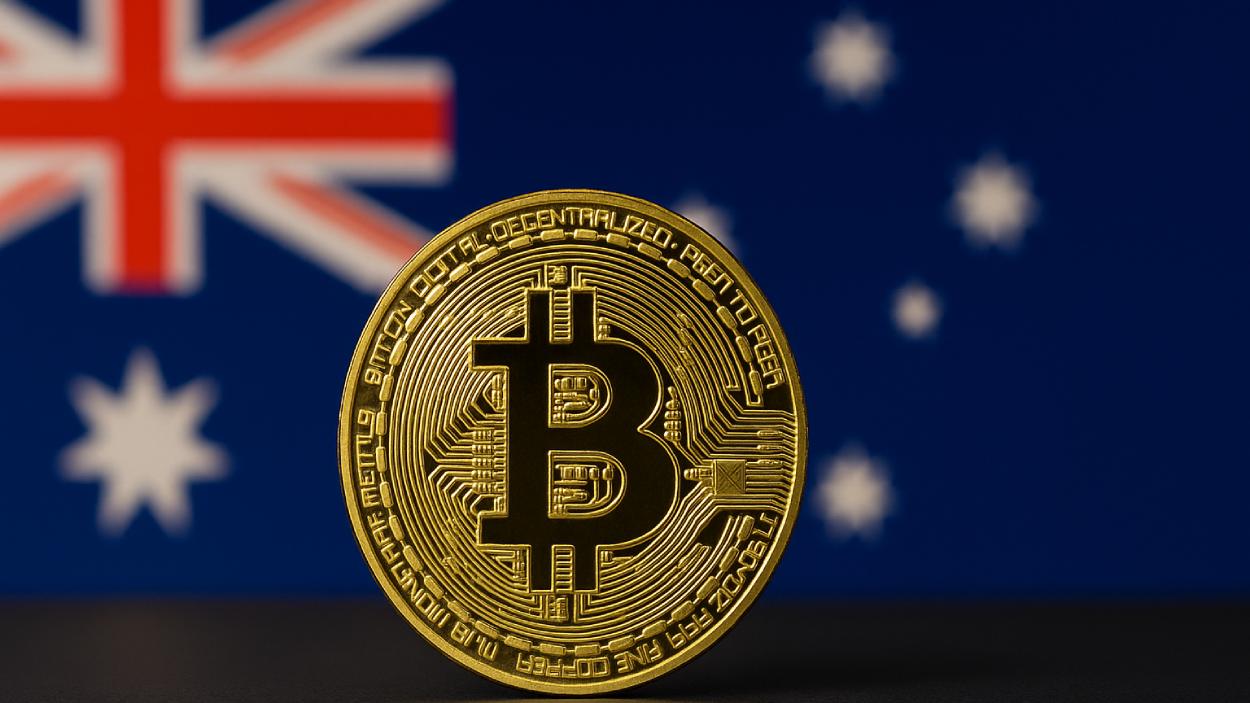Australia has introduced a landmark bill to fully regulate crypto platforms, aiming to protect consumers and support digital finance innovation.
Quick Summary – TLDR:
- New legislation brings crypto exchanges under full financial regulation.
- Firms must now secure an Australian Financial Services License (AFSL).
- Bill targets better transparency, consumer protection, and innovation.
- Smaller platforms with low transaction volumes are exempt.
What Happened?
The Australian government has introduced the Corporations Amendment (Digital Assets Framework) Bill 2025, a comprehensive legal framework for crypto platforms and custody providers. This bill marks a major shift in how Australia treats digital assets, ending years of light oversight and bringing the sector in line with traditional finance regulations.
LATEST: 🇦🇺 Australia’s government has introduced a new bill to parliament that would subject crypto exchanges and custodians to the same licensing requirements and laws as traditional financial institutions. pic.twitter.com/os2vrw6CQB
— CoinMarketCap (@CoinMarketCap) November 27, 2025
Australia Introduces Sweeping Crypto Regulations
The new bill, introduced in Parliament this week, would for the first time require crypto firms handling customer assets to obtain an Australian Financial Services License (AFSL). It also mandates compliance with the Australian Securities and Investments Commission (ASIC), extending regulatory oversight across a rapidly growing and previously under-regulated sector.
The bill was jointly introduced by Treasurer Jim Chalmers and Financial Services Minister Daniel Mulino, who said in a statement, “We take Australia’s crypto industry seriously,” emphasizing that digital assets offer “big opportunities for our economy, our financial sector, and our businesses.”
The reform follows public consultations and growing concerns over consumer risk following high-profile collapses of offshore crypto platforms like FTX and Celsius, which cost Australians billions with little legal protection.
Key Provisions of the Digital Assets Framework
The legislation lays out strict licensing and compliance requirements, aiming to bring digital finance in line with the rules that govern banks and investment firms.
- All crypto platforms that hold or move customer assets must secure an AFSL.
- They must meet standards on disclosure, governance, custody, and dispute resolution.
- New license categories are introduced: digital asset platform and tokenized custody platform.
- Smaller operators are exempt if they manage less than $5,000 per customer and handle under $10 million per year in transactions.
- Platforms must inform customers clearly on how assets are stored and safeguarded.
The government clarified that the bill’s goal is to close the regulatory gap and protect investors without stifling innovation. Mulino added that the focus is on companies that control customer funds, rather than the blockchain technology itself.
A $24 Billion Opportunity
The government estimates that the bill could unlock up to $24 billion annually in productivity and cost savings by supporting tokenization and digital asset innovation. This includes digitizing traditional instruments like property deeds and bonds, which could streamline finance and reduce overheads.
ASIC Chair Joe Longo has also backed the reforms, stating that:
Industry Reaction and Next Steps
The local crypto industry has cautiously welcomed the reforms, noting that clearer rules are needed, but some have requested simpler definitions and reduced complexity in the draft legislation. The bill has passed its first reading and is now in the second reading phase, opening it up for debate and refinement.
Treasury previously called this framework the cornerstone of Australia’s broader digital asset roadmap.
SQ Magazine Takeaway
I think this is a huge step forward for Australia’s digital economy. Let’s be honest, crypto in the past few years has felt like the wild west. People lost their savings in dodgy offshore exchanges, and there was almost no safety net. With this bill, Australia is saying loud and clear: we want the innovation, but not at the cost of people getting burned. And I love that they’re doing it thoughtfully, without crushing small players. This is the kind of balanced regulation other countries should be paying attention to.


































































